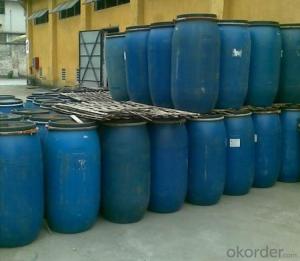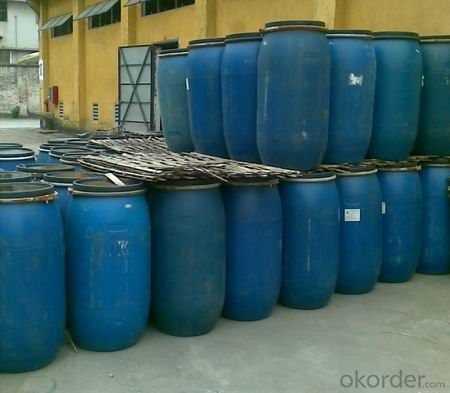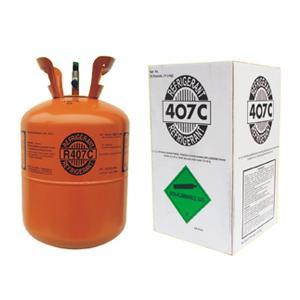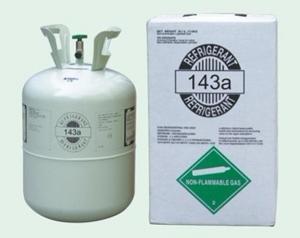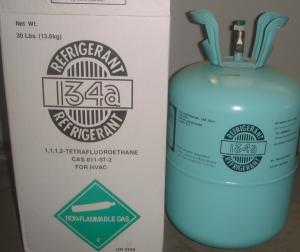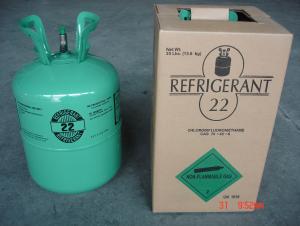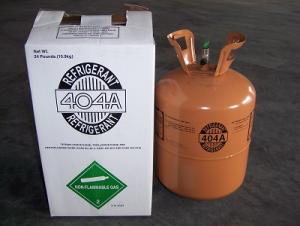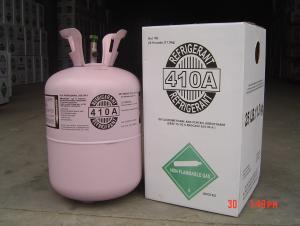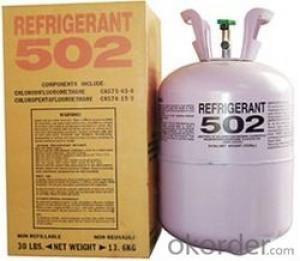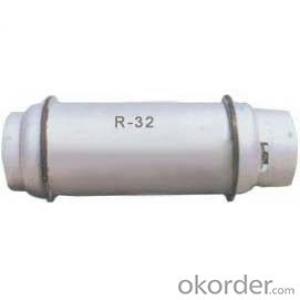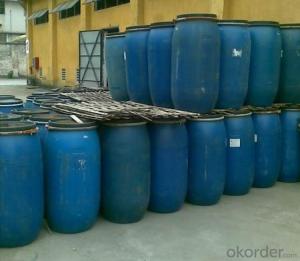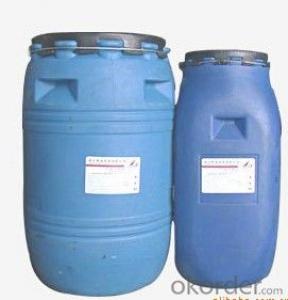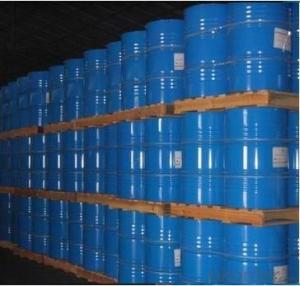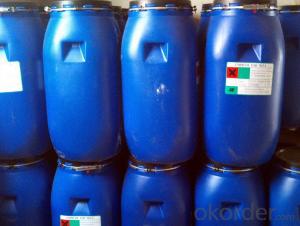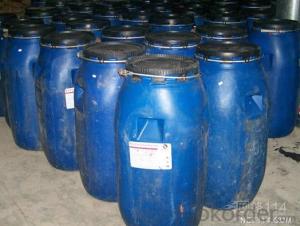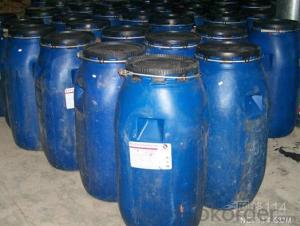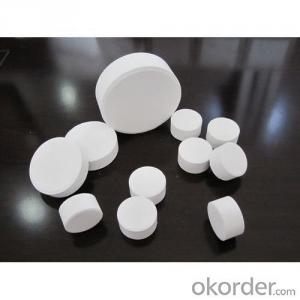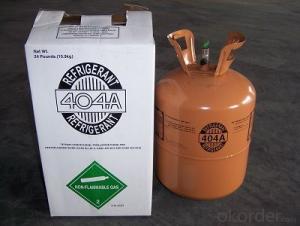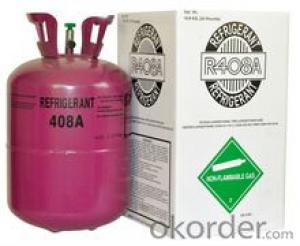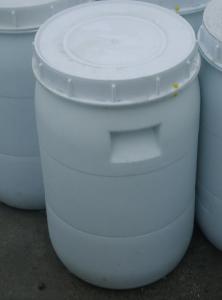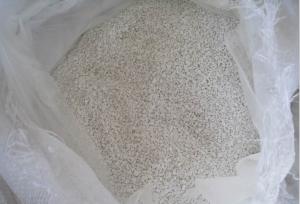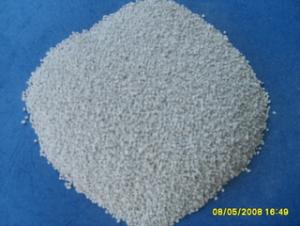BEST PRICE Disodium laureth sulfosuccinate
- Loading Port:
- China Main Port
- Payment Terms:
- TT OR LC
- Min Order Qty:
- -
- Supply Capability:
- -
OKorder Service Pledge
Quality Product, Order Online Tracking, Timely Delivery
OKorder Financial Service
Credit Rating, Credit Services, Credit Purchasing
You Might Also Like
Specifications
Disodium laureth sulfosuccinate (MES)
Cas no.:040754-59-4
- Q: Why does toluene not belong to the derivatives of hydrocarbons?
- Hydrocarbon: sound tīng, is composed of two elements of carbon and hydrogen organic compounds known as hydrocarbons, also known as hydrocarbons. It reacts with chlorine, bromine, oxygen and other hydrocarbons to produce derivatives of hydrocarbons. Such as methane and chlorine in the light conditions of reaction to produce methyl chloride, dichloromethane, chloroform and chloroform (carbon tetrachloride) and other derivatives. The concept of derivatives is hydrocarbon and chlorine, bromine, oxygen and other reaction products. While toluene is not methyl and benzene, she is a whole noun is aromatic. Also known as aromatic hydrocarbons. Generally have one or more six-ring (benzene ring) with a special structure. The simplest aromatic hydrocarbons are benzene, toluene, xylene. There is also naphthenes. As the name suggests it is a ring structure. The most common is the five carbon atoms or six carbon atoms of the ring, the former called cyclopentane, which is called cyclohexane. The molecular formula of the cycloalkane is of the formula CnH2n. Cycloalkane is also called cycloalkane hydrocarbons. And alkanes. Is a carbon atom between the single bond phase chain hydrocarbon. Since the number of atoms that make up the hydrocarbon and hydrogen is different, the result is that the petroleum contains hydrocarbon molecules with large and small differences. Alkanes are named according to the carbon atoms and numbers contained in the molecule, and the number of carbon atoms is less than 10, from 1 to 10, followed by a, B, C, D, E, G, Alkane to say that the number of carbon atoms in more than 11, with the number that thank you to adopt
- Q: Such as the problem, and how, how to squeeze methane into liquid, or how to squeeze into the liquid gas? It is still very difficult ... there is a dangerous thing .... (this is not important) high reward
- 1. A hydrocarbon containing five to eight carbons 2. Not, it is an oxygen-containing derivative of a hydrocarbon 3. A hydrocarbon and a halogenated hydrocarbon (unsaturated) polymer, an alcohol, a phenol and
- Q: Will AsH3 (arsenic trioxide) is organic or inorganic
- AsH3 (arsine trihydride) is not containing C element
- Q: The role of aromatic hydrocarbons
- Aromatic hydrocarbons referred to as "aromatic hydrocarbons", usually refers to the molecule containing benzene ring structure of the hydrocarbons. Is a closed-chain type. With the basic structure of the benzene ring, the history of the early discovery of such compounds have more aromatic flavor, so called these Hydrocarbons are aromatic hydrocarbons, and hydrocarbons that are later found to have no aromatic flavor are also commonly used in this way, such as benzene, naphthalene, etc. The homology of benzene is CnH2n-6 (n≥6).
- Q: How to do it? Solve Inorganic Chemistry
- Inorganic chemistry is one of the earliest disciplines in the development of chemical science. It undertakes a major task of studying the composition, structure, properties and reactions of all elements and elements (except hydrocarbons and derivatives). The current development of inorganic chemistry has two distinct trends, that is, in the breadth of the broadening and depth of the advance. It is the three pillars of modern civilization
- Q: Is the oxygen derivative of the hydrocarbon a non-methane total hydrocarbon?
- Hydrocarbon derivatives of hydrocarbons do not belong to non-methane total hydrocarbons
- Q: Calcium fatty acid is an organic or inorganic chemical
- Organic chemicals. Most of the carbon compounds in addition to carbon dioxide, carbon monoxide, carbon disulfide, carbonates and other simple carbon compounds are still inorganic substances, the rest are organic matter.
- Q: Other corals are because the color of the corals show colorful, why only the red coral is the exception of it? did not find the reasons for the big god to explain
- Organic compounds, the general purpose of carbon compounds (carbon monoxide, carbon dioxide, carbonic acid, carbonate, metal carbide, cyanide excluded) or hydrocarbons and their derivatives.
- Q: Organic chemistry, naming of derivatives containing oxygen (hetero) atomic bridged cyclic hydrocarbons
- Agree upstairs chemdraw method.
- Q: Why artemisinin and its derivatives in the molecular structure of a peroxide chain, the chemical properties are more stable?
- Artemisinin is relatively stable, is relative to other organic peroxide in terms of, in general, most of the organic peroxide instability, heating easily decomposed, and some even easy to burn the explosion, such as dibenzoyl peroxide, but crystal cyan Artemisinin heating to the melting point does not break down, has been considered stable.
Send your message to us
BEST PRICE Disodium laureth sulfosuccinate
- Loading Port:
- China Main Port
- Payment Terms:
- TT OR LC
- Min Order Qty:
- -
- Supply Capability:
- -
OKorder Service Pledge
Quality Product, Order Online Tracking, Timely Delivery
OKorder Financial Service
Credit Rating, Credit Services, Credit Purchasing
Similar products
Hot products
Hot Searches
